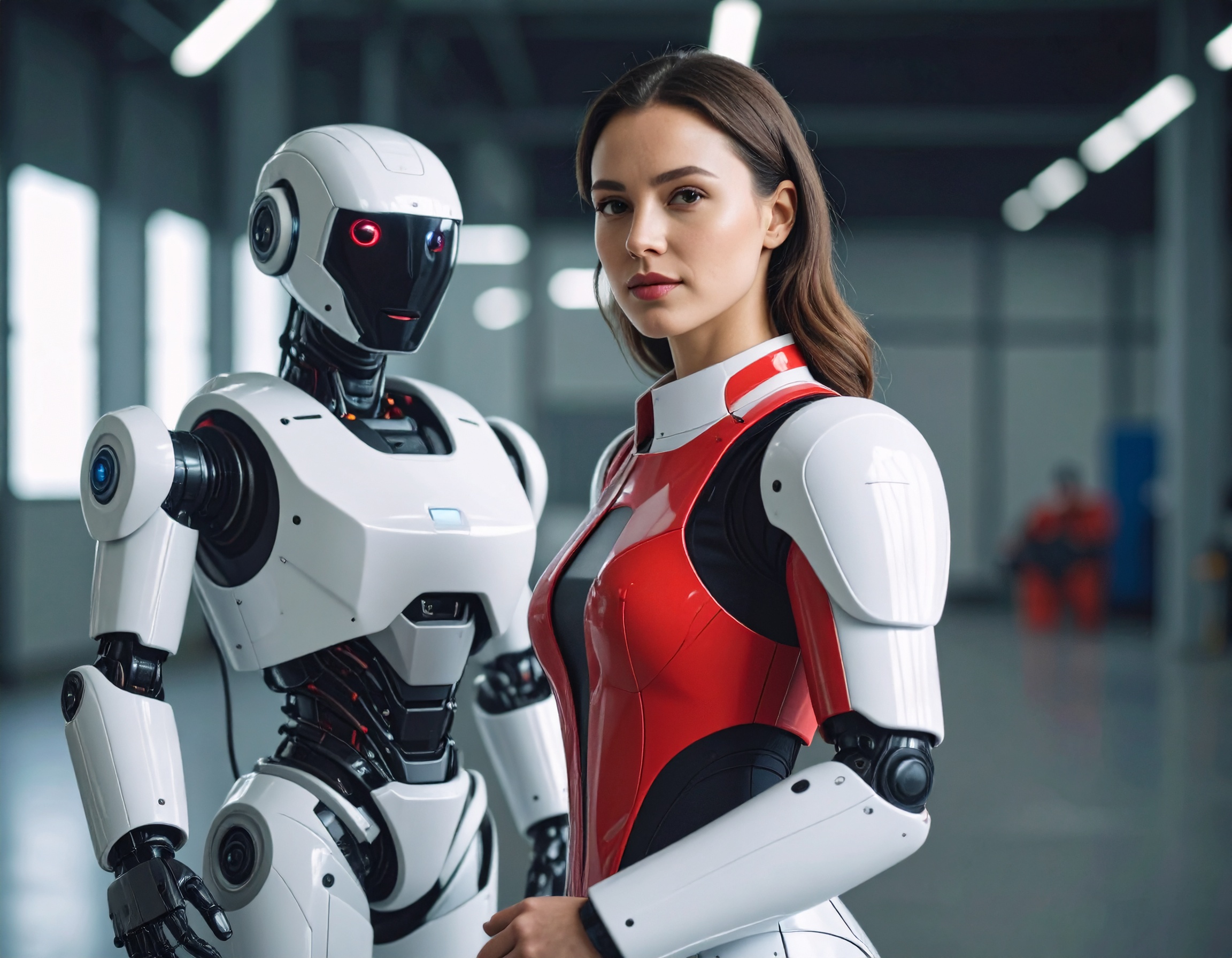Navigating the Fourth Industrial Revolution: Humans, Robots, and the Future of Work

In a rapidly evolving landscape defined by the Fourth Industrial Revolution, the interplay between humans and technology has become increasingly intricate, shaping the contours of the job market and raising pressing questions about employment and automation. With the rise of Intelligent Agents and Digital Employees, concerns about job displacement loom large, triggering debates around ethical, legal, and economic dimensions. However, amidst these apprehensions lie opportunities for innovation and adaptation.
Key experts in the field, including Raúl Rojas, partner at Écija's labour department, emphasize the importance of exploring alternatives to outright termination when implementing labor automation. Rojas advocates for measures such as retraining or job relocation to mitigate the impact on workers. Additionally, he underscores the necessity for transparent justifications in cases of termination, cautioning against citing only cost-saving motives. Ignacio del Fraile, coordinating partner of labor at GA_P, echoes these sentiments, advocating for a gradual implementation of automated systems coupled with thorough analysis and legal guidance to navigate the complex implications for the workforce.
While the allure of efficiency and cost reduction drives many companies towards automated solutions, Salvador del Rey, professor of labor law at Esade Law School, underscores the imperative of legislative frameworks to safeguard workers' rights. As the dynamics of employment undergo transformation, there is a growing urgency for regulatory measures to ensure fair treatment and equitable opportunities in the era of AI and robotics.
In essence, the dialogue surrounding the integration of robots into the workforce extends beyond mere technological advancements; it embodies a critical juncture in human history where decisions made today will reverberate through the future of work. By prioritizing proactive measures, ethical considerations, and legal safeguards, societies can navigate this transition towards a more inclusive and sustainable employment landscape, where humans and machines collaborate synergistically to unlock new potentials.
Key Highlights:
- The Fourth Industrial Revolution has ushered in a complex interplay between humans and technology, sparking debates on employment and automation.
- Experts like Raúl Rojas emphasize exploring alternatives to termination, advocating for retraining and job relocation to mitigate the impact on workers.
- Ignacio del Fraile underscores the importance of gradual implementation of automated systems, coupled with thorough analysis and legal guidance.
- Salvador del Rey stresses the need for legislative frameworks to safeguard workers' rights amidst the allure of efficiency and cost reduction.
- The dialogue extends beyond technological advancements, embodying a critical juncture in human history with long-term implications for the future of work.
Reference:


